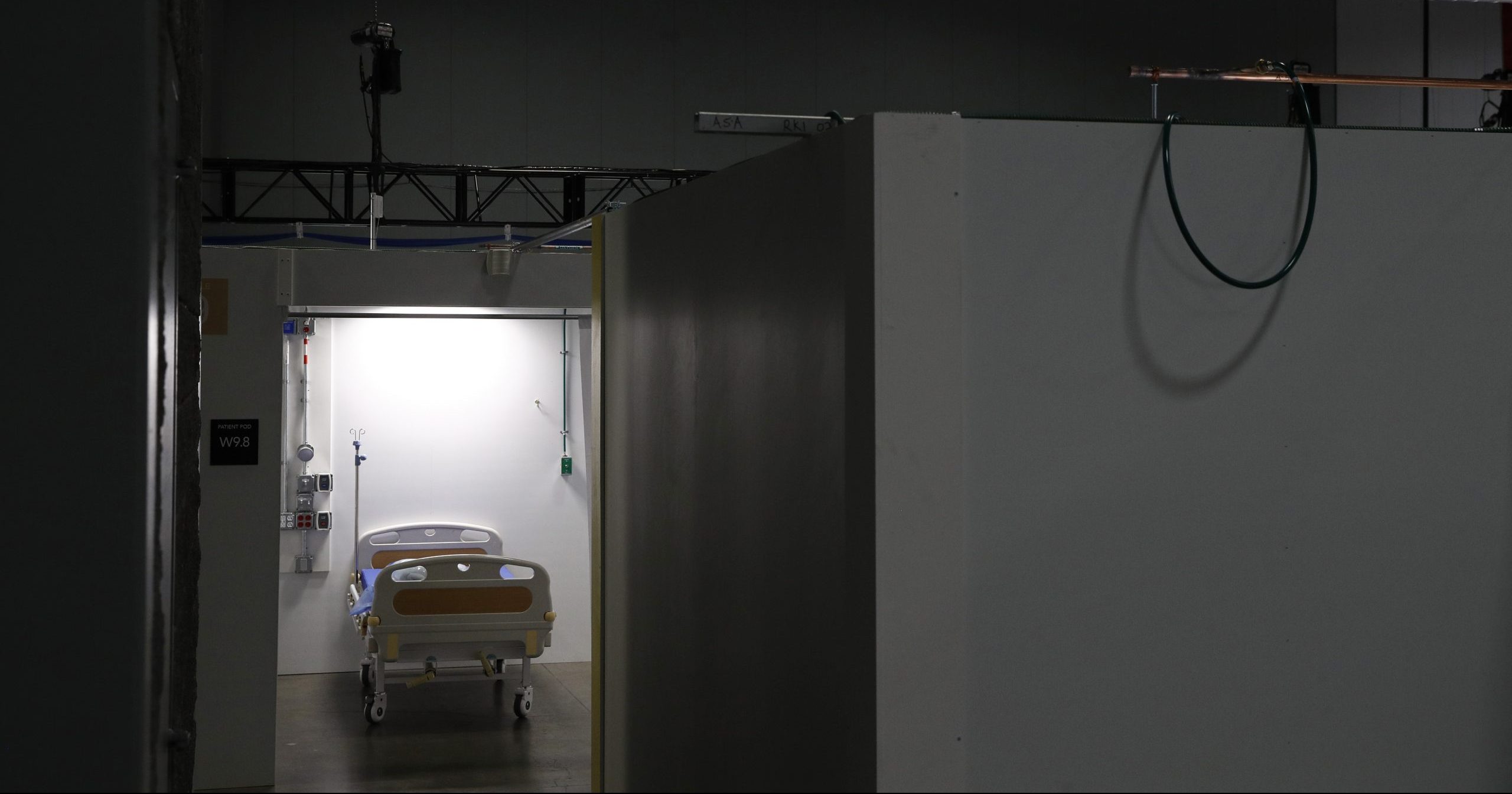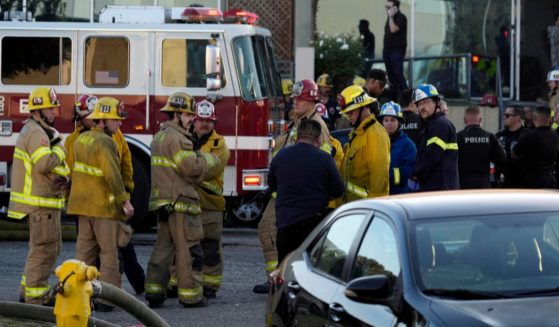
Pandemic Did Nothing To Shake America's Trust in Private Health Care, Poll Finds
The coronavirus pandemic gave health care providers a scare, and millions of workers lost job-based coverage in the economic shutdown, but a new poll suggests Americans have little interest in big changes to health care as a result of the pandemic.
People are still more likely to prefer the private sector to the government on driving innovation in health care (70 percent to 28 percent), improving quality (62 percent to 36 percent) and providing coverage (53 percent to 44 percent), according to the survey by the University of Chicago Harris School of Public Policy and The Associated Press-NORC Center for Public Affairs Research.
Those views are basically unchanged since February, when an earlier edition of the AP-NORC poll asked the same questions at a time when the coronavirus was still largely seen as a problem in other countries, not the United States.
Americans had more confidence in government’s ability to reduce costs, preferring it over the private sector 54 percent to 44 percent.
Not long ago, Vermont Sen. Bernie Sanders’ “Medicare for All” plan was at the center of the Democratic presidential debate. But even with an estimated 27 million people losing employer coverage in the economic shutdown, there’s been no groundswell of support for the Sanders plan, which calls for replacing the nation’s hybrid system of private and government coverage with a single government plan.
House Speaker Nancy Pelosi, asked last month whether waves of layoffs were prompting her Democratic caucus members to reconsider the employer-based system that covers most working families, responded: “That’s not our conversation.”
Pelosi said Democrats are backing measures to tide over workers who have lost coverage, but “rather than saying let’s take that [employer coverage] away from them, we should say let’s get them their jobs back.”
The poll did find 56 percent saying the U.S. is spending too little on improving and protecting the nation’s health.
That is a significantly bigger share than the 42 percent who think the government is spending too little in general.
Still, views on the need for more health care spending were unchanged since before the pandemic.
While about 3 in 5 said they were very or extremely concerned about Americans in general having access to high quality care, people were less likely than in February to say they were greatly concerned about having access to quality care for themselves (46 percent to 58 percent) and about their own health care spending (35 percent to 44 percent).
Other research is reinforcing that pattern, according to Jennifer Benz, deputy director of the AP-NORC center.
“Our data are showing that in the midst of a public health and economic crisis, people’s assessments of their own situations are holding steady, or even better than they were before the COVID outbreak started to unfurl,” she said.
Utility worker Nick Zumbusch said he’s noticed that shift, too, since the pandemic. He’s seeing it when it comes to workplace gripes.
“In February, people had all sorts of complaints about their jobs — their daily tasks, their hourly pay,” said Zumbusch, a father of three from Waconia, Minnesota. “Come May, there wasn’t a whole lot of complaining. It was, ‘I’m happy to be here, and I’m happy to have a job.’”
The AP-NORC poll of 1,001 adults was conducted May 14-18 using a sample drawn from NORC’s probability-based AmeriSpeak Panel, which is designed to be representative of the U.S. population. The margin of sampling error for all respondents is plus or minus 4.4 percentage points.
The Western Journal has reviewed this Associated Press story and may have altered it prior to publication to ensure that it meets our editorial standards.
Truth and Accuracy
We are committed to truth and accuracy in all of our journalism. Read our editorial standards.
Advertise with The Western Journal and reach millions of highly engaged readers, while supporting our work. Advertise Today.












